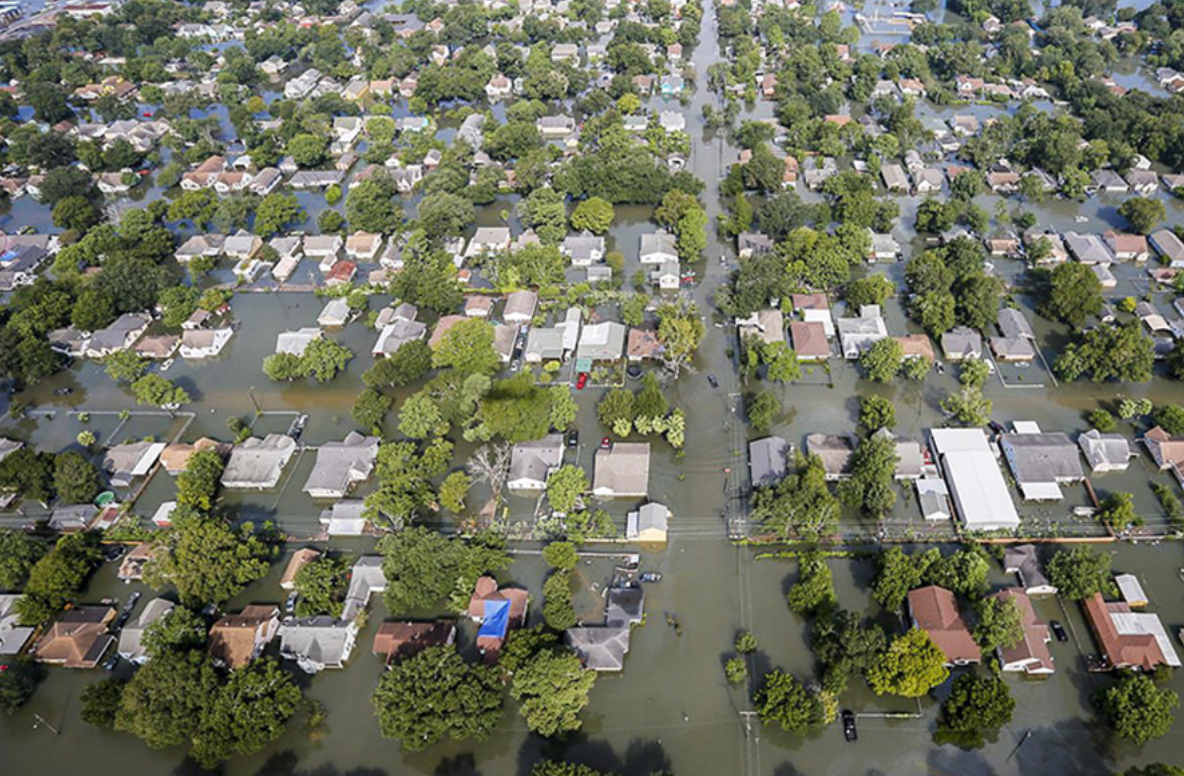A bill filed Wednesday would create new disclosure requirements for Texas landlords around flooding history and flood risk.
State Rep. Garnet Coleman's House Bill 993 requires landlords to inform potential tenants whether a dwelling has flooded in the past 20 years due to rain or storm surge and whether it sits inside either the 100-year of 500-year floodplains published by the Federal Emergency Management Agency.
Coming on the heels of Hurricane Harvey, the bill is part of a response to the storm that left many residents, both renters and homeowners, confronting floodwaters. Another bill filed earlier in January from State Sen. Joan Huffman would set similar disclosure requirements for residential sales, including whether the property sits inside a "flood pool," as many homes near the Addicks and Barker reservoirs in Houston do.
“One issue in particular that I have heard about from so many constituents who were affected by Harvey is that they were completely unaware they were at risk of flooding,” Huffman said in a statement at the time, as reported by the Texas Tribune.
Renters shared similar stories following Harvey. Coleman's bill would not only require landlords to disclose flood risks but also provide recourse for tenants if landlords fail to comply.
Though the Houston Apartment Association had yet to review the bill as of Wednesday afternoon, Andy Teas, vice president of the association and tasked with working with policymakers to represent the apartment industry, emphasized the association's positive working relationship with Coleman, chairman of the County Affairs Committee. "We very much appreciate Chairman Coleman trying to make sure everybody understands the risk," said Teas.
"Before entering into a lease with a prospective tenant," states the bill, "a landlord or landlord’s agent must inform the prospective tenant in a written notice, signed by both the landlord or landlord’s agent and the prospective tenant, that the dwelling that is the subject of the lease: (1) is located in a floodplain; or (2) has been previously damaged by flooding due to rainfall or storm surge," within the 20 years preceding the lease.
Though savvy tenants can consult floodplain maps, many of the properties flooded in Harvey weren't in a current floodplain. "In the hands of investors, these homes can be renovated to remove signs of flooding, slapped with a fresh coat of paint and rented to tenants who are none the wiser," a Houston Chronicle editorial pointed out, arguing for a local ordinance that would create flood-risk disclosure requirements. Renters are also vulnerable because many renter's insurance policies don't include flood damage.
The bill also establishes penalties for landlords who fail to do so if a tenant suffers flood-related damages.
A tenant could choose to either terminate the lease or maintain possession under the terms of the lease and is also entitled to recoup from the landlord the cost of the actual damages, whichever is more: one month's rent or $1,000 and "reasonable attorney's fees and court costs." The tenant would still be responsible for any "delinquent rent or other sums for which the tenant is liable," according to the bill.
There is an important caveat: "It is a defense to liability under this section that, at the time the parties entered into the lease, the landlord or landlord’s agent did not know that the dwelling that is the subject of the lease was located in a floodplain or had been previously damaged by flooding."

